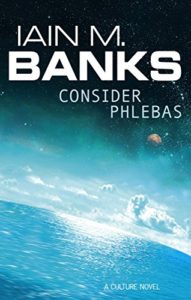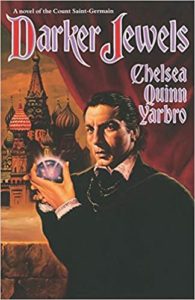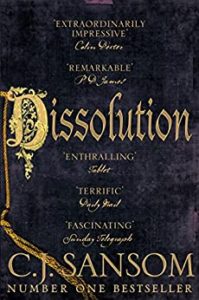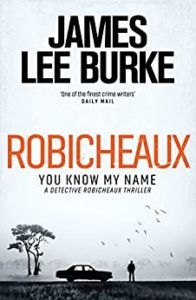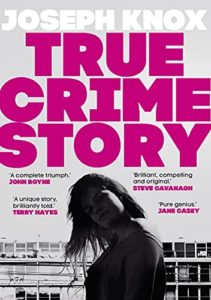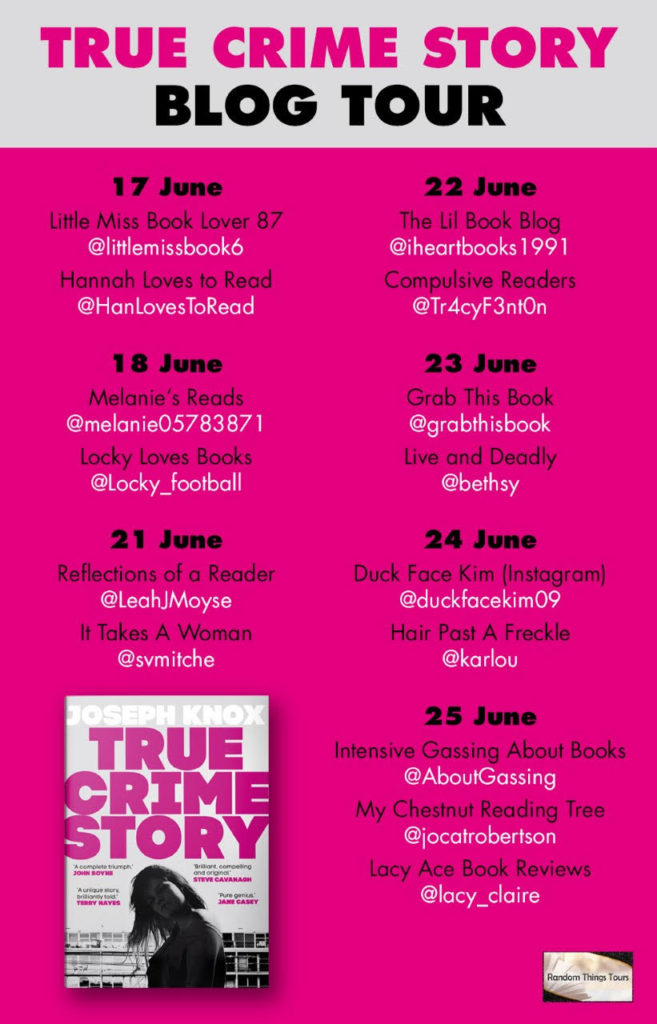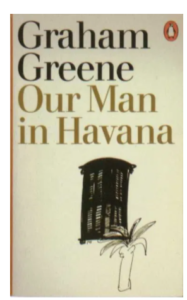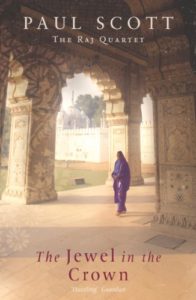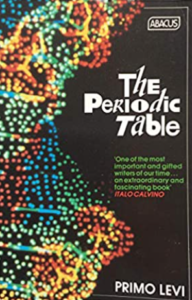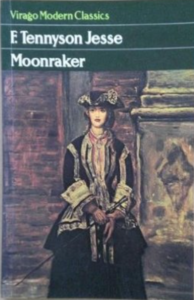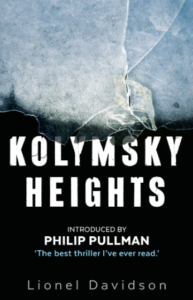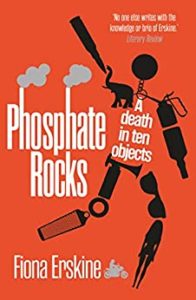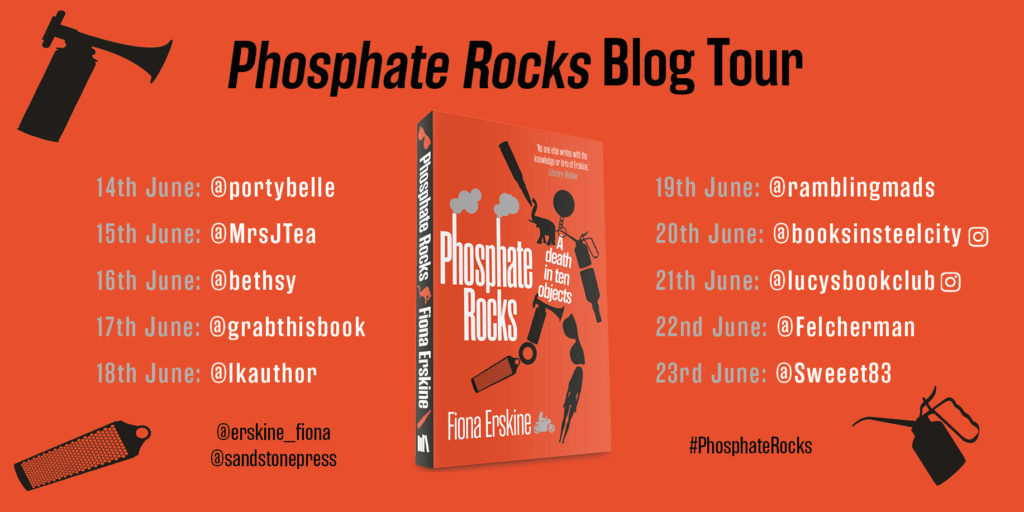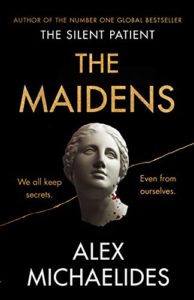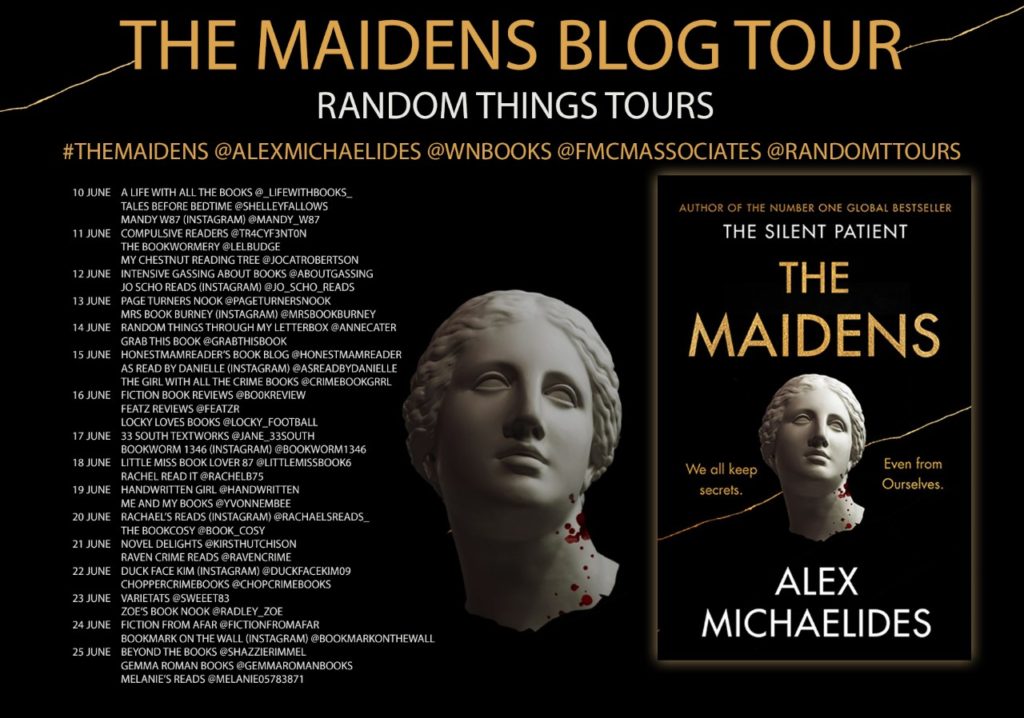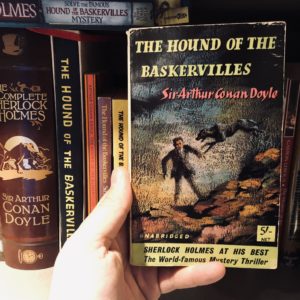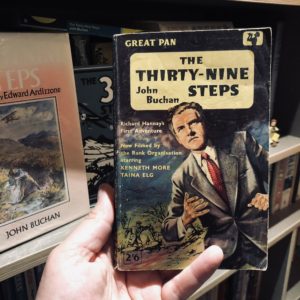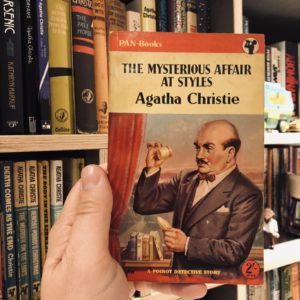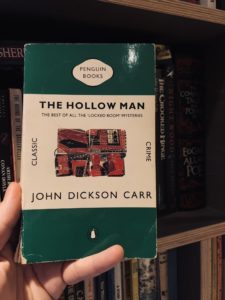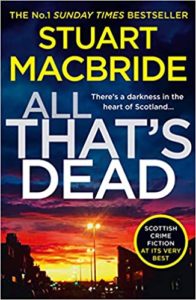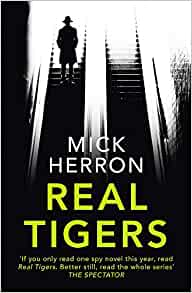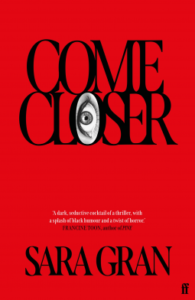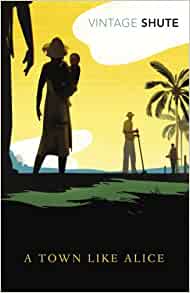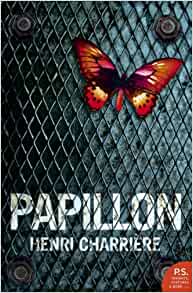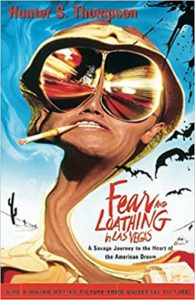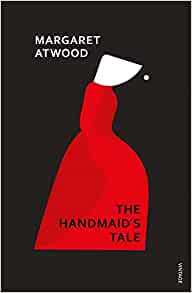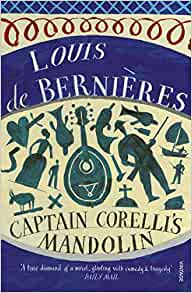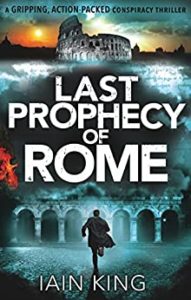Decades: Compiling the Ulitmate Library with R.J. Barker
How quickly Friday comes around these days! It gives me enormous pleasure to bring another Decades Curator to Grab This Book. For those keeping track of the guests who enjoyed making their selections and those who cursed me – this is 100% a cursing week.
If you are new to Decades and have no idea what I am wittering on about then Welcome. In January I set myself the challenge of filling a new library with the very best books. We started with no books on the shelves and each week I invite a new guest to join me and add five of their favourite reads (the books which MUST be represented in any self-respecting library) to my Decades Library.
Why is it a Decades Library? Well guests have just two rules to follow…they can choose ANY five books but their selections must include just one book per decade over any five consecutive decades. Simple I thought. But there has been much cursing of those two rules.
My guest this week won the 2020 British Fantasy Society (BFS) Robert Holdstock award for Best Novel with his fourth novel The Bone Ships. This was after his debut trilogy (collectively known as The Wounded Kingdom) garnered rave reviews from readers and industry press.
Somewhat confusingly he lives somewhere South of here in “The North” in a home he is filling with taxidermy, “odd art” and lots of music. Having decided a music career was not to happen RJ Barker started writing the books we love.
It is a little known fact that RJ has an Evil Twin who writes crime thrillers (A Numbers Game recently released and available now). But we don’t talk about him here. Today it is all about R.J. Barker:
DECADES
CJ Cherryh. Gate of Ivrel (1976)
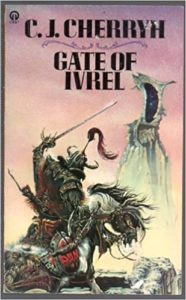 I’m starting with this cos this list is in date order but I didn’t start with this.
I’m starting with this cos this list is in date order but I didn’t start with this.
I was absolutely shocked to find out this was Cherryh’s debut when I was looking into the book, as her tale of the interdimensional Sorcerer Morgaine and her companion the barbarian, Vanye, is incredibly accomplished and one of those books that has just stuck with me. The platonic male/female friendship is something I’ve carried through six books now and I put that at the feet of Cherryh. Not only that but also the way she wrote it, it’s not an easy book to approach, the text is very mannered and in her other books she matches text to subject which I love. It also goes places that were totally unexpected. At the time I’d read a lot of the things that are considered ‘classic’ and that owe a clear debt of allegiance to Tolkien but in Gate of Ivrel (and the sequels) Cherryh offered me something new that, for me, had far more depth and surprises in it and was doing it without a massive series.
TL/DR I owe C.J. Cherryh a drink.
IAN M. BANKS Consider Phlebas 1987
Well. The Culture. Few are the things that set my mind alight in the way Iain M Banks work did. In fact, my first professional level novel was turned down for being too Banksish. Which, you know, high compliment, I thought anyway. I’ve chosen Phlebas because it was the first but it could be any of them. And I always read Consider in tandem with Look to Windward as the two books talk to one another. I’m not going to go on at length about Bank’s SF, other people have done that and they have done it with far more depth than I can. But Banks’ work just fills me with joy, at his worlds, at his characters and at the real love of people it contains. It’s sad that I will never get to tell him what a profound influence his books were on me, but I am very happy that with them.
CHELSEA QUINN YARBRO Darker Jewels. 1993
You can, to be quite frank, keep Anne Rice. If you want to read about vampires that struggle with what it is to be human then Chelsea Quinn Yarbro’s Comte St Germain is where to go. This particular book is set in Russia in the court of Ivan the Terrible, it is dense and dark and as its heart is a creature we are taught to think of as a monster when he is anything but. St Germain is often the most human character within Yarbro’s books, his centuries of existence give him a perspective on the historical events surrounding him the other players lack. His learning and attempts to bring a sense of decency are ultimately doomed when he comes upon people who are fundamentally not decent. Is it magical creatures flying around murdering people and drinking blood? No. Is it darker and more horrific than any other vampire story you’ll come across? For my money, yes.
Dissolution C.J. Sansom 2004
There is so much of this book which I lifted for my own Wounded Kingdom books. That sense of melancholy, an overarching feeling that things are not going to go well for these people no matter what they do. Enter from stage left, Matthew Shardlake, hunchback lawyer in the court of King Henry VIII. I love Sansom’s work and it is that sense of melancholy within them that draws me in. There’s a real sense, as Shardlake becomes more and more entangled in the lethal politics of Henry’s court that the absolute best outcome Shardlake is ever going to be capable of is to simply get out alive and that he knows that. He is a small and unimportant person moving among vast and powerful men who would think nothing of crushing him. These are wonderful books and I adore them.
James Lee Burke Robicheaux. 2018
Now, I actually wanted to write about A Private Cathedral which, although written in 2019 was published in 2020 and fell foul of the rules. But It’s an amazing book where JLB sneaks an urban fantasy novel past the literary establishment as a crime novel. BUT, I can’t, so I will talk about an earlier book in the series, Robicheaux. This is a book I never want to read again. It’s good, don’t get me wrong. It shows just what an outstanding writer JLB is, but my god it is grim. I’m glad I read it but I’m not going back. In fact, if you had told me that just as he started writing this the author was told he had a few months to live I would have believed you. It has that feel to it. All the way through I thought the author was going to end it with this book, that no one would survive. It is an exercise in tension that I hugely enjoyed upon reading, but have no wish to put myself through again.
A Private Cathedral is a stunner though.
Huge thanks to RJ for joining in with my Decades Challenge. He was extremely polite despite my astonishing ability to only contact him at the most inconvenient times and has brought some fabulous new recommendations to my Library. If you haven’t read any of RJ’s books yet then you can find them all here: https://www.amazon.co.uk/RJ-Barker/e/B005LVVCTQ/ref=dp_byline_cont_pop_book_1
The Decades Library continues to grow and you can see all the previous selections here: https://grabthisbook.net/?p=5113
DECADES WILL RETURN

